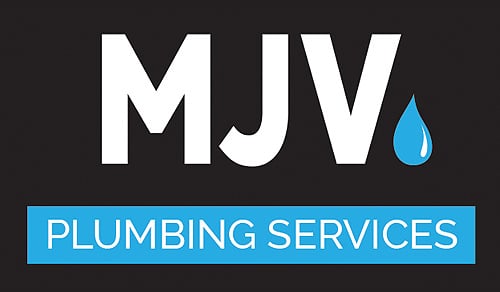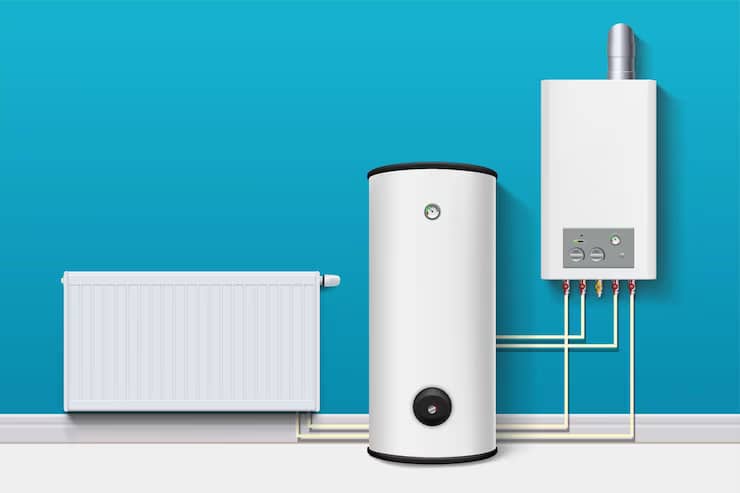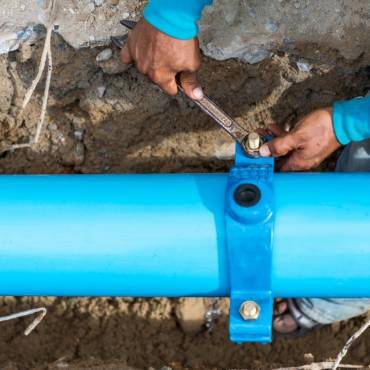Choosing the right hot water system for your home is a crucial decision that can significantly impact your comfort, energy efficiency, and utility costs. With various options available on the market, each offering its own set of benefits and drawbacks, it’s essential to understand the differences between them to make an informed choice. In this comprehensive guide, we’ll delve into the most popular hot water systems, their pros and cons, and factors to consider when selecting the best one for your household needs.
Traditional Tank Water Heaters:
Traditional tank water heaters store and heat water in a large insulated tank, which is continuously heated to maintain a set temperature. These systems have been a staple in households for decades due to their reliability and affordability.
Pros:
- Traditional tank water heaters offer a cost-effective initial investment, making them accessible to most homeowners.
- They are widely available and relatively easy to install, making them suitable for both new construction and replacement projects.
- Additionally, they are ideal for households with moderate to high hot water demands, providing a consistent supply of hot water for showers, laundry, and dishwashing.
Cons:
- One significant drawback of traditional tank water heaters is their limited hot water supply.
- Once the tank’s capacity is depleted, users may experience a wait time for the water to heat up again, especially during peak usage times.
- Furthermore, these systems are prone to standby heat loss, where heat escapes from the tank even when hot water is not being used, leading to energy inefficiency and higher utility bills.
Tankless Water Heaters:
Tankless water heaters, also known as on-demand or instantaneous water heaters, have gained popularity in recent years due to their energy-efficient operation and space-saving design.
Pros:
- One of the primary advantages of tankless water heaters is their energy efficiency.
- Unlike traditional tank water heaters, which continuously heat and store water, tankless systems heat water only when needed, reducing standby heat loss and energy consumption.
- This on-demand heating approach also ensures an unlimited supply of hot water, making tankless systems suitable for large households or high-demand applications.
- Additionally, tankless water heaters have a compact design, saving valuable space in utility rooms or closets.
Cons:
- Despite their energy-saving benefits, tankless water heaters typically have a higher upfront cost compared to traditional tank water heaters.
- Additionally, installation may require upgrades to gas lines or electrical systems to accommodate the higher demand for power.
Heat Pump Water Heaters:
Heat pump water heaters utilize electricity to move heat from one place to another instead of generating heat directly, making them highly energy-efficient alternatives to conventional electric water heaters.
Pros:
- One of the primary advantages of heat pump water heaters is their significant energy savings.
- By transferring heat from the surrounding air to the water in the tank, these systems can operate at a fraction of the cost of traditional electric water heaters.
- This energy-efficient operation is particularly beneficial in moderate to warm climates, where the ambient air temperature remains relatively high year-round.
- Additionally, some heat pump water heaters can also function as dehumidifiers, further enhancing indoor comfort and air quality.
Cons:
- Despite their energy-saving benefits, heat pump water heaters typically have a higher initial cost compared to traditional electric water heaters.
- Additionally, their performance may be affected in colder climates, where the air temperature drops below the optimal operating range.
Solar Water Heating Systems:
Solar water heating systems utilize solar panels to capture and convert sunlight into heat, which is then used to heat water for household use.
Pros:
- One of the primary advantages of solar water heating systems is their environmental friendliness.
- By harnessing renewable solar energy, these systems can significantly reduce reliance on fossil fuels and lower greenhouse gas emissions associated with traditional water heating methods.
- Additionally, solar water heating systems can substantially reduce energy bills, especially in sunny climates with ample sunlight.
- Many regions also offer tax credits and incentives for installing solar water heating systems, further offsetting the upfront costs.
Cons:
- Despite their environmental and cost-saving benefits, solar water heating systems have a higher initial cost compared to conventional water heaters.
- This includes the expense of purchasing and installing solar panels, as well as additional equipment such as storage tanks and backup heating systems for cloudy days or periods of high demand.
Factors to Consider When Choosing Hot Water System for your home
Household Hot Water Demand:
Evaluate the hot water requirements of your household, including the number of occupants, their bathing habits, and the simultaneous use of hot water appliances. Understanding your demand with help of plumber Gladstone will help determine the appropriate size and capacity of the hot water system needed to meet your needs without experiencing shortages or delays.
Energy Efficiency:
Assess the energy efficiency ratings and performance of different hot water systems. Look for systems with high Energy Factor (EF) ratings or Energy Star certification, indicating lower energy consumption and reduced operating costs over time. Energy-efficient systems not only save money but also contribute to environmental sustainability by reducing carbon emissions.
Initial Cost and Installation Requirements:
Consider your budget and the upfront costs associated with purchasing and installing the hot water system. While certain systems may have higher initial costs, such as tankless or solar water heaters, they may offer long-term savings through lower energy bills and maintenance expenses. Additionally, factor in any necessary upgrades or modifications to your home’s infrastructure, such as electrical or plumbing work, when determining the total cost of installation.
Climate and Environmental Factors:
Take into account your local climate and environmental conditions when selecting a hot water system. For instance, solar water heaters are most effective in regions with ample sunlight, while heat pump water heaters may perform better in moderate to warm climates. Consider how factors such as temperature fluctuations, sunlight availability, and space constraints may impact the performance and efficiency of different systems in your area.
Maintenance Requirements and Lifespan:
Research the maintenance requirements and expected lifespan of each type of hot water system. Regular maintenance, such as flushing sediment from tank water heaters or cleaning air filters in heat pump systems, is essential to ensure optimal performance and longevity. Additionally, consider the warranty coverage provided by manufacturers and the availability of qualified technicians for servicing and repairs.
Conclusion:
Choosing the best hot water system for your home involves weighing various factors, including household hot water demand, energy efficiency, upfront costs, and environmental considerations. Whether you opt for a traditional tank water heater, a tankless system, a heat pump, or a solar water heating system, each has its own advantages and drawbacks. By carefully evaluating your needs and preferences, you can select the most suitable hot water solution to meet your household requirements efficiently and cost-effectively.
Want to get the right hot water system installed in your home? Get in touch with us at MJV Plumbing Services and our professionals will help you out.



Add Comment